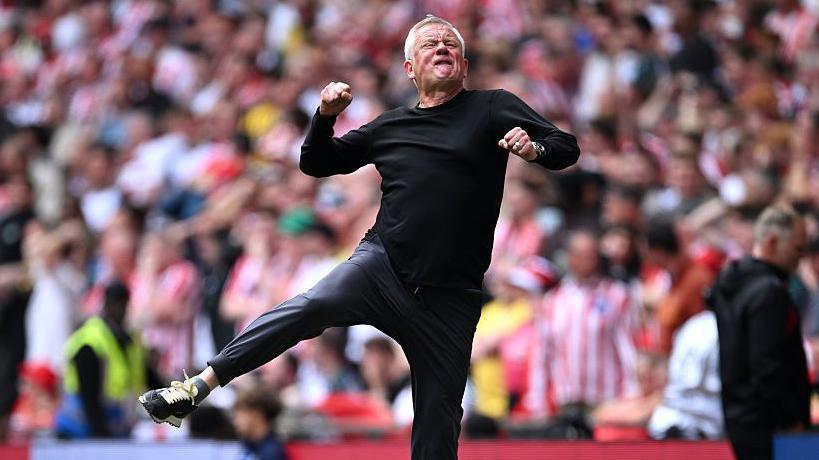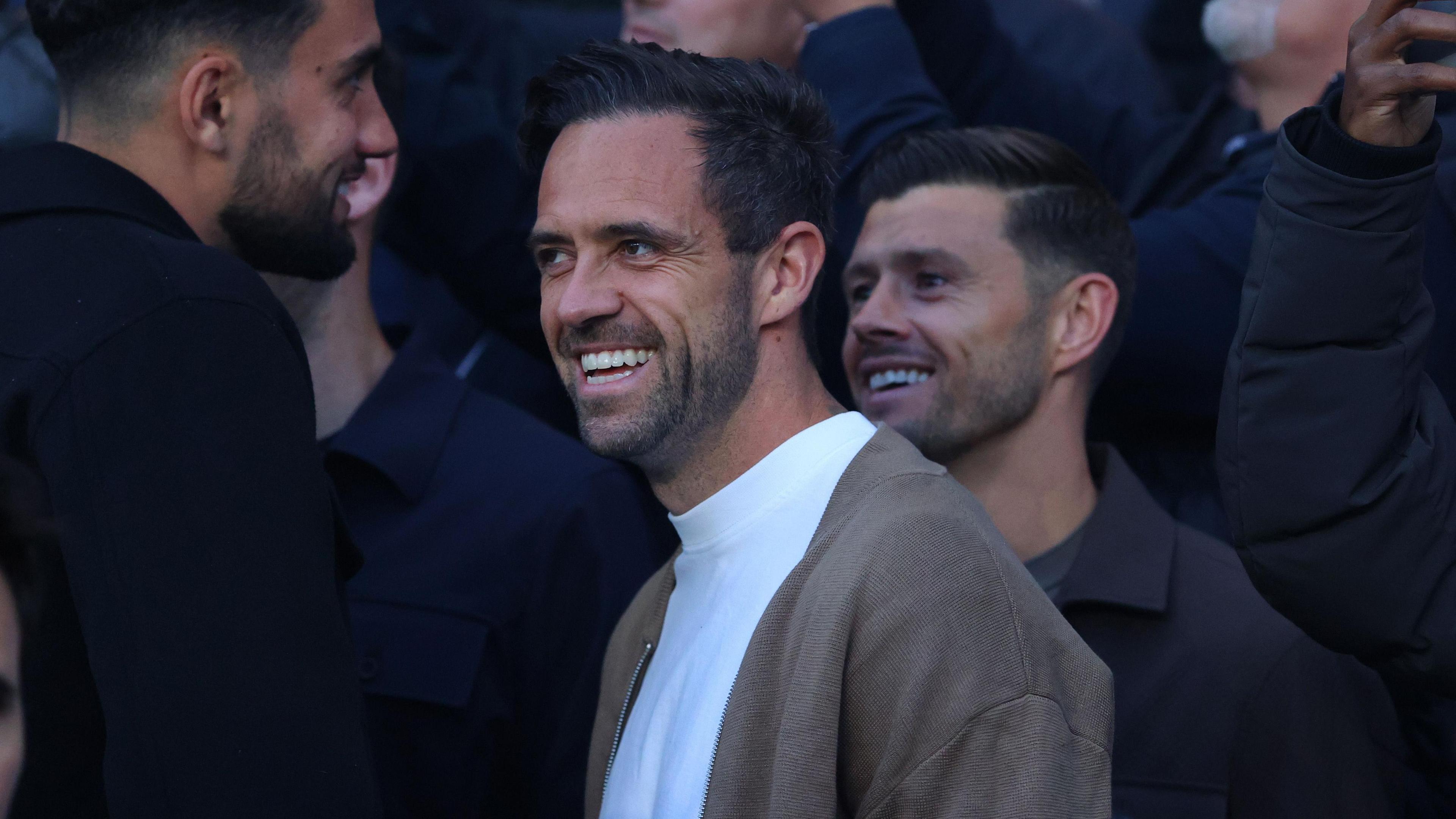Sheffield United sacked manager Ruben Selles after a poor start to the season and are bringing back Chris Wilder for his third spell. The club’s turmoil includes controversial AI-led recruitment, key player departures, and growing fan frustration, all within 113 days after missing Premier League promotion.
Sheffield United's recent turmoil can be traced back to a pivotal moment on May 24th, when they were agonizingly close to Premier League promotion. Fast forward just 113 days, and the club finds itself in a desperate battle to avoid relegation in the Championship. The dramatic turn of events has been nothing short of chaotic, marked by managerial changes, controversial player acquisitions, and a disillusioned fanbase.
The most significant move came on Sunday, with the dismissal of manager Ruben Selles following a string of six consecutive defeats at the start of the 2025-26 season. The Blades found themselves at the bottom of the Championship table, even trailing their struggling rivals, Sheffield Wednesday. A particularly painful 5-0 loss to Ipswich served as a stark reminder of their defensive vulnerabilities, having conceded 14 goals in those six matches while struggling to find the net themselves since the opening game.
The club's hierarchy deemed Selles's position untenable and relieved him of his duties on Sunday morning, citing a "disappointing start" to the campaign. To salvage their season, Sheffield United turned to a familiar face, Chris Wilder, who is set to embark on his third spell in charge at Bramall Lane. The return of Wilder caps off a tumultuous three months for the club.
 Image source, Getty Images
Image source, Getty ImagesChris Wilder guided Sheffield United to the Premier League in his first spell as manager
According to Rob Staton, BBC Sheffield sports editor, the owners seem to be admitting their mistakes and attempting to rectify the situation. He emphasized the rarity of such humility in football. Staton highlighted Wilder's deep connection with Sheffield United and his eagerness to return and revitalize the team. He believes that Wilder's intimate knowledge of the club will enable him to make an immediate impact.
Wilder's previous tenure ended in play-off heartbreak, leading to Selles's appointment during the summer. Despite accumulating 92 points in 46 matches during the regular Championship season, Wilder's United finished third, trailing Leeds and Burnley. The team's journey included a resounding 6-0 victory over Bristol City in the play-off semi-finals and a lead against Sunderland in the Wembley final. However, Sunderland's comeback, sealed by Tom Watson's late winner, condemned Sheffield United to a record tenth failure to secure promotion through the play-offs.
Selles's appointment followed Wilder's departure in June, but things quickly unraveled on the pitch. In their first game, they were thumped 4-1 at home to Bristol City and also lost at Birmingham in the League Cup, before narrow defeats against Swansea, Millwall and league leaders Middlesbrough. The 5-0 thrashing at Ipswich proved the final straw.
The issues at Sheffield United extended beyond the pitch, with Selles's hints about Wilder's reservations regarding AI-led recruitment models adding another layer of complexity. Selles was the choice of the new owners, US-based consortium COH Sports. Last summer, key players like Anel Ahmedhodzic, Vini Souza, and Kieffer Moore departed.
In contrast, the final days of the transfer window witnessed a flurry of activity, with the arrival of experienced players like Danny Ings, Ben Godfrey, and Japhet Tanganga. On deadline day, four more players were signed, including veteran defenders Mark McGuinness and Ben Mee. However, the decision to allow former club captain Jack Robinson to leave raised eyebrows.
 Image source, Getty Images
Image source, Getty ImagesDanny Ings was one of several players signed by Sheffield United in the final days of the transfer window
Staton noted that there was a plan to use AI and analytics in recruitment, similar to teams like Brentford. However, the impact of the AI signings was minimal, leading to a shift towards more conventional recruitment strategies. The club started signing players that would appeal to Wilder.
Selles faced immediate pressure, with disgruntled fans expressing their dissatisfaction after the opening-day defeat. By mid-September, after the 5-0 loss at Ipswich, the discontent had reached fever pitch. Staton attributed Selles's failure to ineffective tactics and an overly aggressive approach. He emphasized that Selles had lost the support of the fans.
Several players who had excelled under Wilder, such as Sydie Peck, Harrison Burrows, and Michael Cooper, experienced a decline in form during Selles's tenure. Moreover, key players like Gus Hamer and Tyrese Campbell found themselves on the bench during crucial matches.
Despite reports the players didn't like Selles. However, the body language on the pitch told a different story, which showed that whenever they conceded, they folded like a pack of cards, especially in the game against Ipswich. With 113 days after the play-off final, Sheffield United are heading back to where they started. The fans will hope it is not too late.